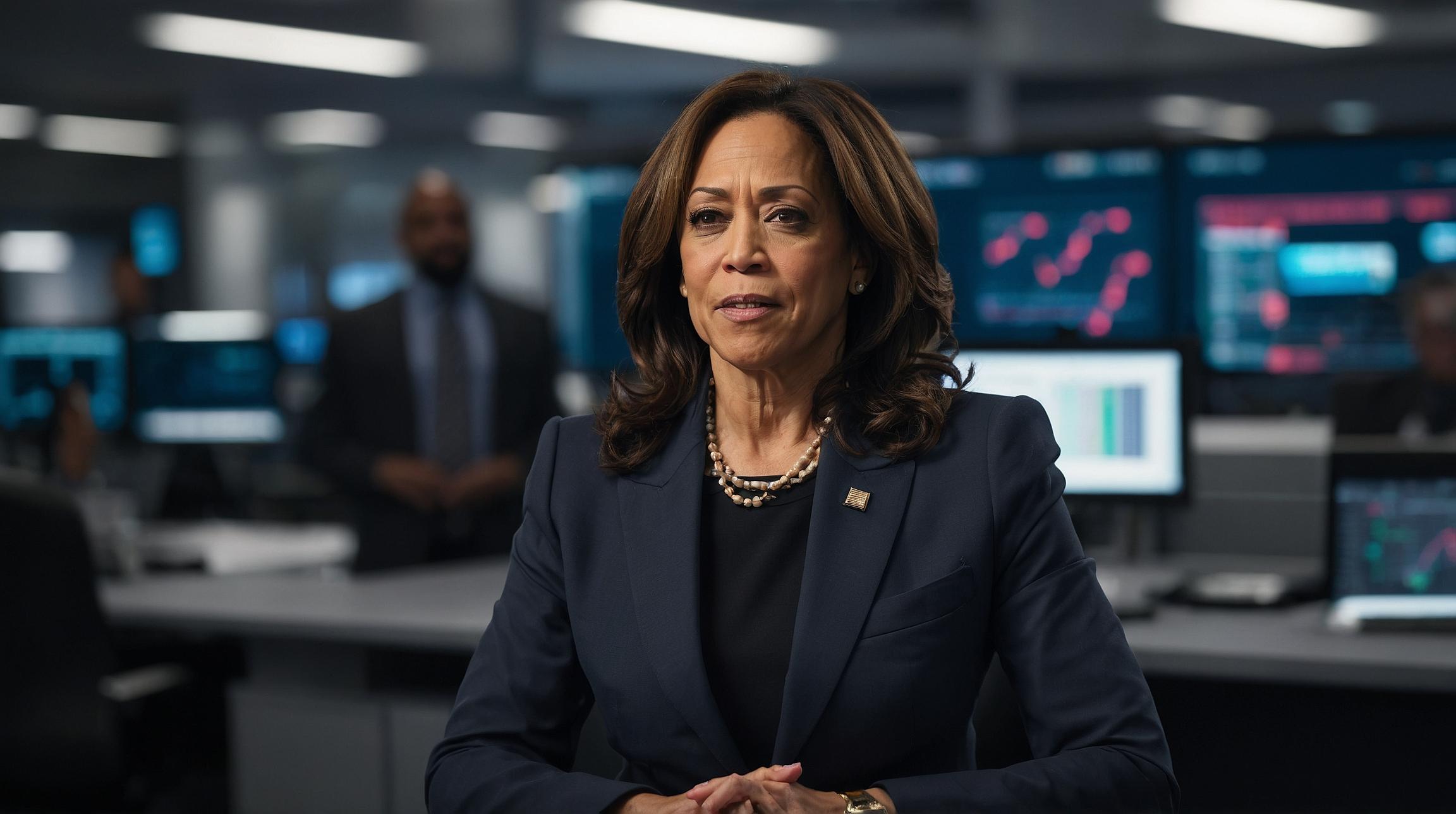Kamala Harris's New Advisory Team and the Crypto Angle
The concept of rules over rulers is fundamental to the cryptocurrency ethos. This ideal, rooted in the distrust of traditional government structures, is central to blockchain technology and the decentralized finance (DeFi) movement. Under President Biden's administration, the crypto world has faced heightened regulatory scrutiny, fostering skepticism among crypto enthusiasts.
Vice President Kamala Harris, viewed as a potential successor, has sparked curiosity with her recent choice of campaign advisers. These appointments hint at a possible shift from a stringent regulatory stance to a more balanced approach to digital assets.
Key Advisers with Crypto Connections
Gene Sperling’s Ripple Connection: Gene Sperling, who served on the board of Ripple Labs, is among Harris's top advisers. With a history in economic policy, including roles under Presidents Clinton and Obama, Sperling supports the integration of cryptocurrency with clear regulations. Ripple Labs, known for its cryptocurrency XRP, represents a bridge between traditional finance and crypto innovations.
Brian Nelson's Regulatory Experience: Brian Nelson, another adviser, brings expertise from his past role as Under Secretary of the Treasury. His focus on regulating crypto to prevent illicit activities aligns with a balanced approach. Nelson's prior work with Harris as California's Attorney General suggests a partnership aiming for innovation and oversight.
David Plouffe’s Pro-Crypto Advocacy: David Plouffe, a former senior adviser to President Obama, also joins Harris's team. Plouffe’s engagements with Binance and Alchemy Pay reflect his pro-crypto views. He supports regulations that safeguard consumers while promoting innovation, indicating a potential strategy shift in Harris's campaign.
Crypto's Role in Securing Swing Votes
As cryptocurrencies gain prominence in political discourse, Kamala Harris has a strategic opportunity to win over swing voters by adopting a more inclusive stance on digital assets. Moving away from a strict anti-crypto position could unlock economic avenues, especially for marginalized groups. Supporting crypto innovations aligns with Harris's campaign goals of boosting middle-class economic opportunities.
Harris's campaign must actively embody this policy shift to gain traction with crypto investors and industry leaders. Prominent Democrats, like Rep. Wiley Nickel, suggest Harris is open to pro-crypto policies. This shift could position Harris as a champion of innovation and regulatory balance, potentially transforming the U.S. crypto landscape.
As her campaign evolves, the impact of Harris's advisers will become clear, providing clues to her stance on key issues like cryptocurrency. While Harris's ultimate decisions will shape her policy, the presence of advisers with crypto ties offers pro-crypto voters hope for a more informed and open approach to digital assets.













